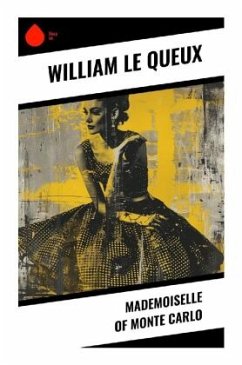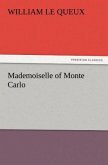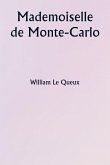In "Mademoiselle of Monte Carlo," William Le Queux crafts a captivating narrative that intertwines elements of romance, intrigue, and high society against the glamorous backdrop of Monte Carlo. The novel's literary style is characterized by its rich descriptions and a brisk, engaging pace, reflective of the early 20th-century literary context in which Le Queux wrote. His skillful use of dialogue enhances the story, bringing to life the vibrant characters who populate this world of wealth and desire, while the thematic exploration of deception and aspiration speaks to the timeless allure of the casino culture and the pursuit of fortune. William Le Queux, a British journalist and novelist known for his work in the spy fiction genre, drew upon his experiences and understanding of European cultures to create this intricate story. With a career built on his fascination with international politics and societal mores, Le Queux deftly navigates the layers of his characters' motivations, skillfully blending his knowledge of espionage and romance to delve into the shadows of human ambition, ambition hastened by the glamour of French Riviera. Readers seeking an enthralling exploration of desire and danger amidst the high-stakes world of gambling will find "Mademoiselle of Monte Carlo" a rewarding experience. Le Queux's ability to weave complex relationships and moral dilemmas invites reflection on the true costs of fortune and love, making this novel not only entertaining but also profoundly thought-provoking.
Bitte wählen Sie Ihr Anliegen aus.
Rechnungen
Retourenschein anfordern
Bestellstatus
Storno








